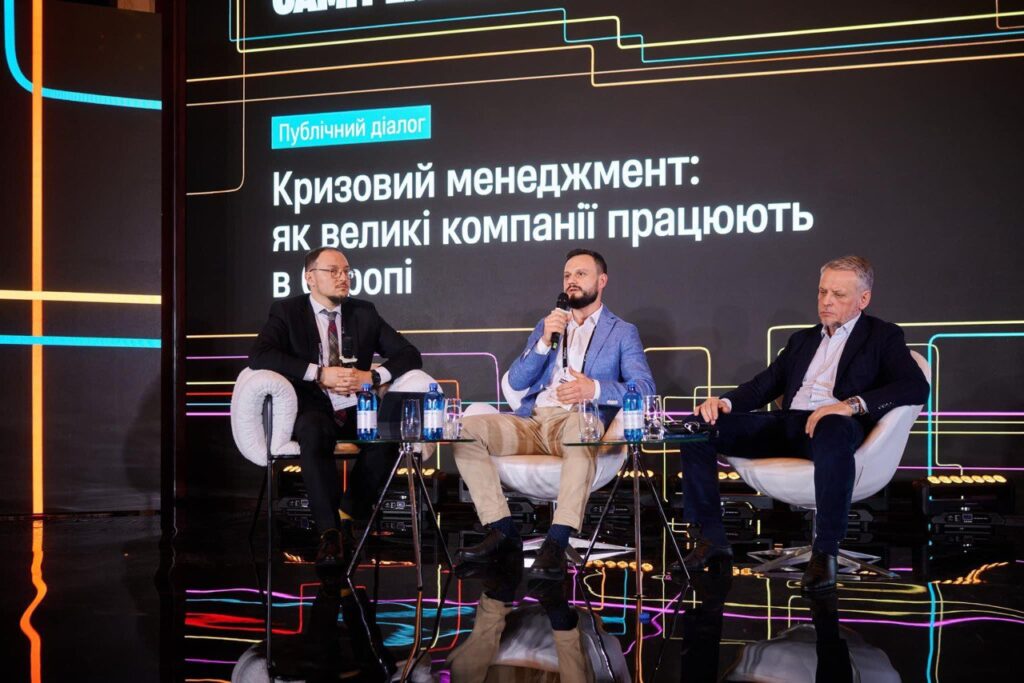
“Cooperating with international partners, Astarta protects not only its interests but also those of other responsible Ukrainian businesses,” said Viacheslav Chuk, Astarta’s Commercial Director, at the Forbes Ukraine Exporters Forum.
During the public dialogue “Crisis Management: How Big Companies Work in Europe”, Viacheslav told how the company works with the industry lobby in Europe to achieve results, how it fights prejudice against Ukrainian agribusiness, and whether Ukrainian agribusiness needs to adapt to the requirements of the Green Deal.
“To ensure that our work with the European industry lobby is successful and our voices are heard, in addition to standard GR tools, we use the successful experience of sustainable practices in regional development and food safety. For example, Astarta was invited to the Munich conference by the German Federal Ministry for Economic Cooperation and Development as a partner in developing regional entrepreneurship in communities. We understand that the state and the Ukrainian government are focused on security, so together with governments of different countries, we help to strengthen economic resilience in dozens of local communities where we operate. We are working with the Canadian government to develop women’s leadership and entrepreneurship, with the Swiss government to promote food security, and with the German government to scale up small and medium-sized agribusinesses. Our publicity, transparency, and social responsibility are an important Ukrainian voice for the European community.”
“Speaking about European prejudices against Ukrainian agribusiness, it is important to understand the overall macroeconomic environment in Ukraine and the European Union. Let’s go back to 2022 when the EU had a poor harvest, limited access to agricultural products, and high inflation. And if Ukrainian producers did not supply their products, then it would have hit the pockets of every European end consumer hard. Therefore, everyone in the value chain and the formation of the final price of the product matters. For example, Astarta exports to the EU exactly those lacking products there.”
“Bill Gates wrote in his book “How to Avoid a Climate Disaster” that food production (plants and animals) generates 19% of the world’s greenhouse gases. We can and should work on this, including passing on a clean planet to future generations. However, the Green Deal can be viewed not only as an obligation but also as an opportunity. It refers to things that can be monetised based on our crop production and alternative energy development activities. Astarta was the first Ukrainian agricultural company to sell carbon credits. The project was implemented jointly with the EBRD. So, we already have the tools. Last year, Astarta approved a decarbonisation strategy to reduce greenhouse gas emissions by 44% by 2030.”
“To integrate into European markets, every Ukrainian manufacturer must invest in and implement sustainable development principles in its business. After all, any European manufacturer, in addition to the quality of your products, will ask about the impact of your business on the environment in which you operate. That’s why it’s important. Astarta is doing it, and we urge other Ukrainian agribusinesses to do the same.”
